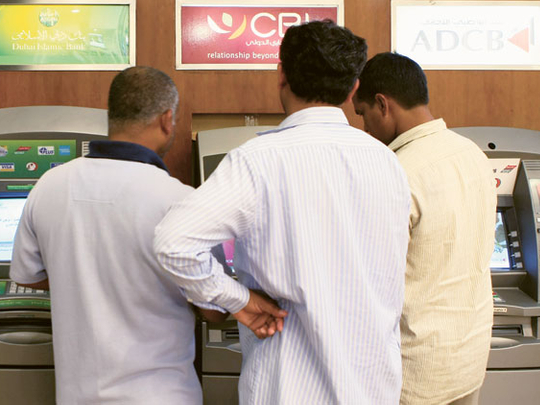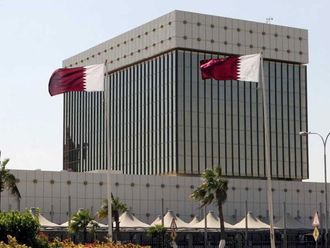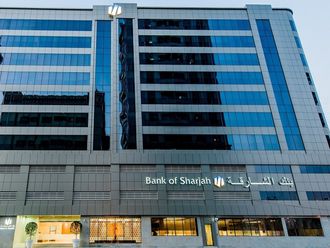
Dubai: The UAE is expected to experience a continued credit squeeze although the local banks, particularly those Abu Dhabi-based, have reported a significant reduction in the non-performing loan (NPL) ratios, Moody's said yesterday.
"In the UAE, the NPLs are likely to remain a problem for some more time, especially for the Dubai-based banks as many of them are faced with the burden of large corporate restructurings," Khalid F. Howladar, vice-president and senior credit officer, Financial Institutions Group, Moody's Investors Services, said.
"Private sector credit growth in the UAE stood at just 2.1 per cent year-on-year at the end of 2011, up from 0.6 per cent at the end of 2010, but lower than our 3.5 per cent forecast. The latest data from the Central Bank also shows that public sector credit growth accelerated to 36.8 per cent in December 2011, up from 13.3 per cent at end-2010."
UAE banks have materially improved their liquidity position since 2008. With a loan-to-deposit (LTD) ratio of 100 per cent as of September 2011 — and liquid assets representing 23 per cent of total assets — UAE banks are better placed to meet short-term cash demands from foreign banks if necessary.
Customer deposits rise
Despite strong growth in customer deposits and sustained improvement in the LTD ratio, Howladar said lending is likely to remain muted in the UAE as banks are likely to keep large liquidity buffers to meet any contingencies.
With a huge dependence on external funding exacerbated by $50 billion (Dh183.66 billion) of refinancing due in 2012-13, the UAE banks, particularly those Dubai-based, are likely to go slow on lending.
As of September 2011, total foreign deposits in UAE banks amounted to $86 billion. The balance of the financing consists of longer maturities and is lent directly to both public and private sector borrowers, bypassing the local banks. While not yet visible, the expected reduction in some of this foreign lending will likely exacerbate local funding pressures, given the significant refinancing needs of around $50 billion over the next two years.
The net foreign position of UAE banks is negative and, as such, they would have to sell local assets and convert the proceeds into hard currency to meet cash demands from foreign counterparts.
"Given the large amounts of foreign reserves held by the Central Bank (amounting to $40 billion as of September 2011) and substantial liquid assets held by the sovereign wealth fund, we do not consider such large-scale foreign-exchange conversions to be problematic in the short term," Moody's analysts said.
Reliance on foreign funds
The UAE economy, particularly Dubai, has a significant reliance on foreign funding. The withdrawal of European banks would leave a significant funding gap in the local economy and new financing strategies and funding sources would need to be found, Moody's said yesterday.












